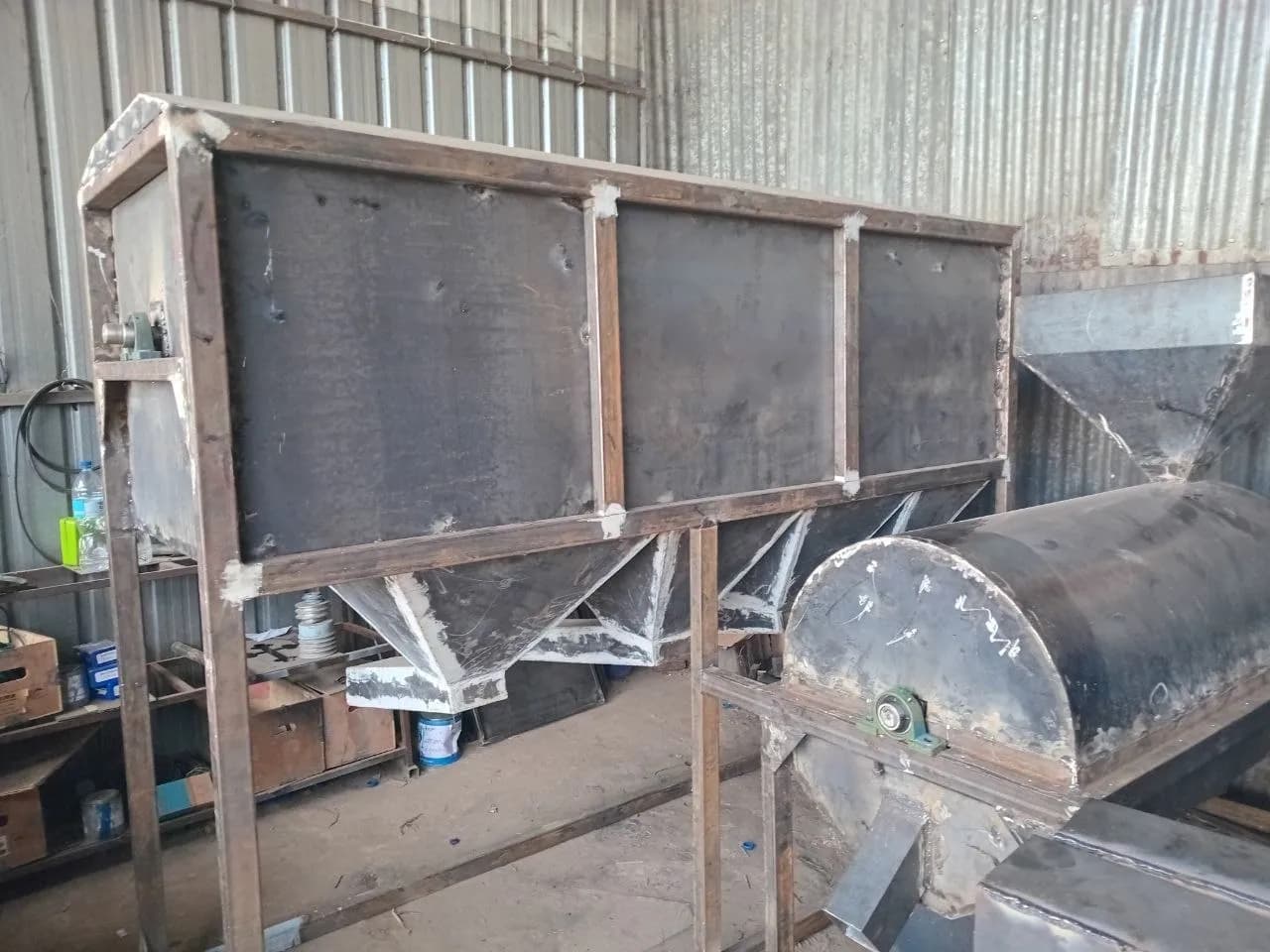Progress for 0 ad
Progress for 1 ad
Progress for 2 ad
Progress for 3 ad


Daniel Metaferiya
Addis Ababa, Ethiopia

As Ethiopia embraces mechanization in its agricultural sector, a few enterprises have dared to experiment with unique product offerings. Demand for agricultural machinery has increased as commercial and small-holder farms look to replace manual operations with efficient alternatives.
While Ethiopia’s agriculture sector contributes nearly a third of all exports and a similar amount to the labor force, it has failed to move past subsistence production because of low productivity. Rainfed agriculture and limited mechanization are often cited as causes for the low yield
The year-old enterprise Dukan Machineries has ventured into the nascent Agri-mechanization sector by offering locally made mills, threshers, animal feed processors, and incubators at affordable prices. Geletu Basha, the ambitious founder, has had a lifelong fascination with machinery. A childhood at a farm household exposed him to the rugged nature of agriculture in Ethiopia. He graduated with a mechanical engineering degree from Adama Science & Technology University, bringing him closer to his enduring fascination.
“I wanted to make farming easier,” Geletu told Shega.
He attributes the sharpness of his skills with machines to the long hours spent at the University workshop and laboratory. Geletu believes designing machines for the local market is easier due to the specific nature of problems that need solving.
“Just a few simple problems have been solved,” he says
The young entrepreneur feels right at home engulfed by the sounds of grinding machines and buzzing motors armed with a hammer in one hand. After starting out with a single grinder borrowed from a friend, Geletu’s 500 square-meter shed now features dozens of machines and three employees.
He proudly points to his latest lentil processor which can go through a ton of grains every hour. Geletu expects the Processor to significantly decrease the need to visit a miller and the amount of energy needed.
“Most local lentil machines end up over-crushing or barely processing the grains,” he says.
Despite lentils being one of the most common elements of Ethiopian cuisine, most of the grain is imported from neighboring countries just like the machines.
Geletu sources inputs for his machinery from often overlooked areas. He recalls building his first thresher using corrugated tin to build the body and tying them up with rubber and chains from local markets.
“I use a lot of stainless steel for my food processors,” the entrepreneur says.
While Geletu’s machines have begun to attract increasing demand, the lack of consumer trust in local products remains a challenge. Small-scale enterprises like candlemakers, spice processors, and peanut butter makers comprise a significant portion of his customers, alongside farmers.
“People think local machinery will break down quickly,” Geletu says.
In the past ten months, he has sold over sixty machines, with an increasing number of orders coming from small-holder farmers. Geletu expects sales to grow over time as long as inputs remain available at affordable prices.
👏
😂
❤️
😲
😠

Daniel Metaferiya
Daniel Metaferiya is a writer, journalist and radio host, with a keen interest in technology. He follows developments in Ethiopia's startup ecosystem closely and is passionate about profiling unique MSMEs.
Your Email Address Will Not Be Published. Required Fields Are Marked *